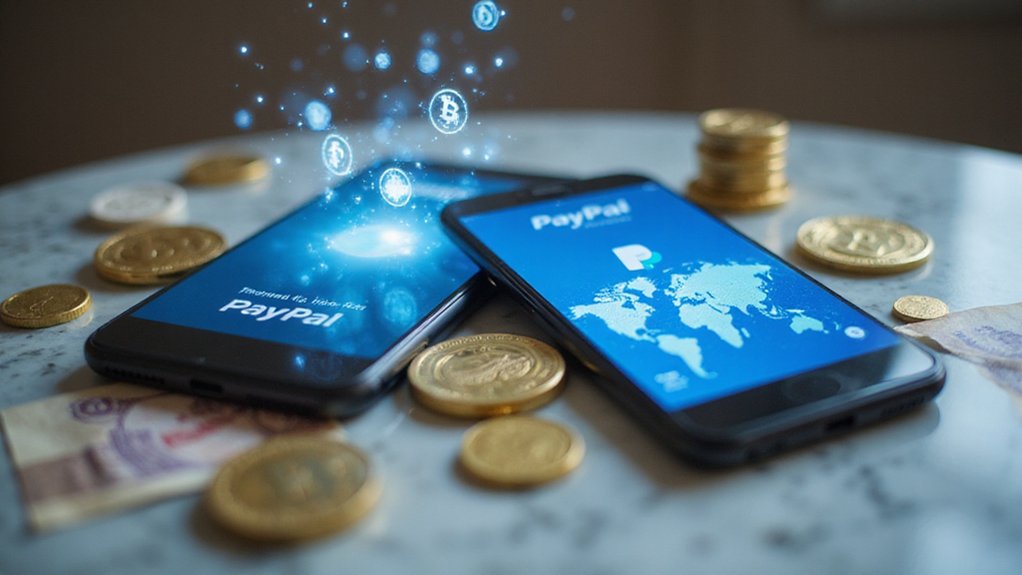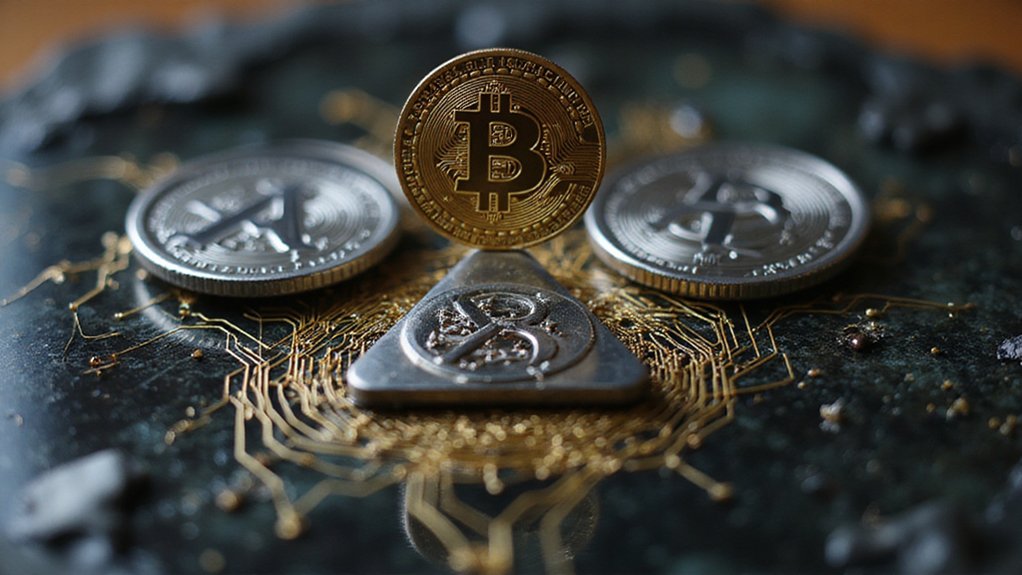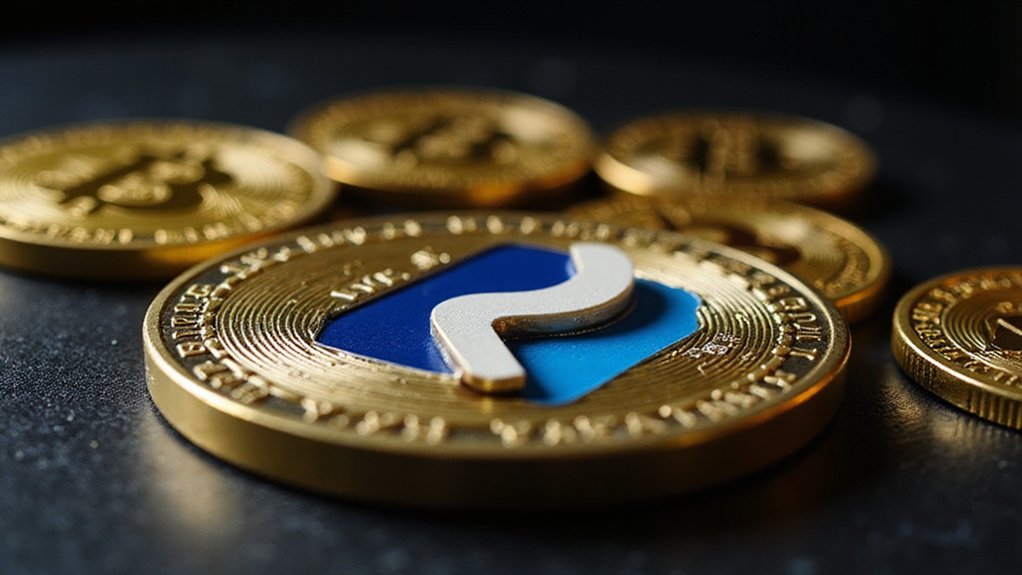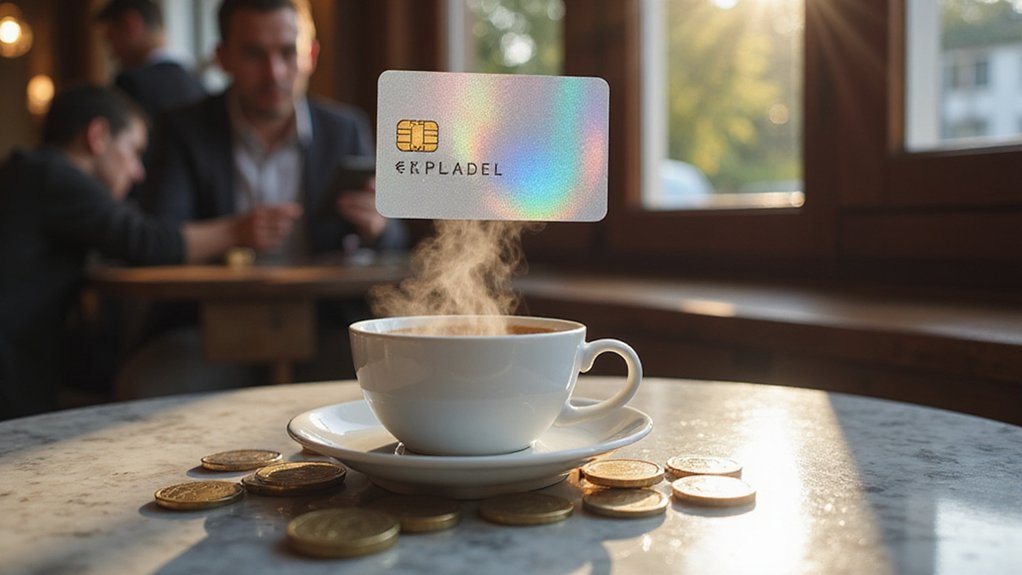How does a company that revolutionized digital payments stay ahead in an increasingly crowded field where every tech giant seems to have their own money-moving app? PayPal’s answer arrived September 15, 2025, with the launch of PayPal Links—a peer-to-peer payment feature that merges traditional fiat transactions with cryptocurrency transfers in what can only be described as a beautifully audacious attempt to capture both your grandmother’s birthday money and your crypto-bro friend’s Bitcoin tips.
The mechanism itself displays elegant simplicity: users generate personalized, one-time payment links shareable across any platform—text, email, social media, or presumably carved into tree bark if one feels particularly nostalgic. These URLs eliminate the traditional friction of account requirements, allowing recipients to collect funds without joining PayPal’s ecosystem (a rare display of corporate altruism, or perhaps calculated user acquisition). Unclaimed links automatically expire after 10 days, providing both security and deadline pressure for recipients.
What distinguishes PayPal Links from the crowded field of digital payment solutions lies in its cryptocurrency integration. The platform supports Bitcoin, Ethereum, and PayPal’s proprietary PYUSD stablecoin—because apparently creating your own currency represents the natural evolution of every fintech company’s ambitions.
The inclusion of stablecoins addresses volatility concerns that plague traditional cryptocurrencies, though one might question whether “stable” accurately describes any digital asset in today’s regulatory climate. Meanwhile, competitors like Zelle’s parent company EWS are exploring their own stablecoin launch, signaling the broader industry shift toward digital currency adoption. The fractional pricing model that attracts retail investors to tokens like SHIB demonstrates how accessibility features can drive mainstream adoption of digital assets.
Cross-border functionality adds genuine utility, particularly for freelancers and small businesses maneuvering international payment complexities. Fee-free transactions (a phrase that invariably makes traditional banks weep softly) combined with the absence of tax documentation requirements for casual users suggests PayPal recognizes that excessive administrative burden rarely enhances user experience.
Security measures include encryption protocols and anti-fraud systems specifically tailored for linked payments, while maintaining compliance with U.S. financial regulations—a delicate balancing act considering cryptocurrency’s historically contentious relationship with regulatory frameworks.
The strategic positioning against competitors like Venmo, Zelle, and emerging crypto-wallet services reveals PayPal’s recognition that market dominance requires constant innovation.








